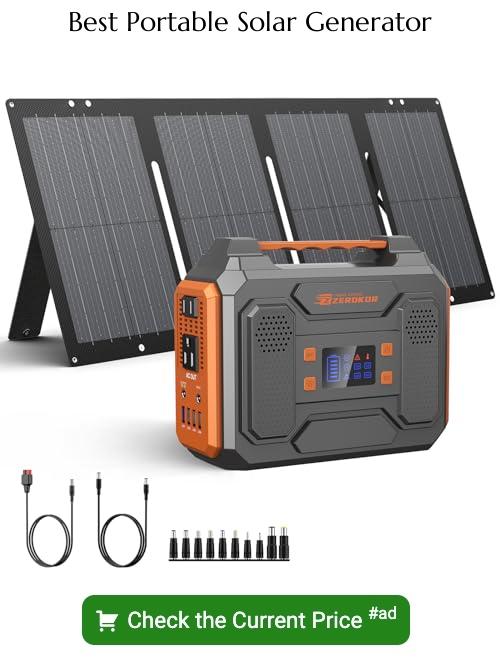Last updated on
Discover alternative solutions to power your home during outages, weighing the pros and cons of each option.
While whole-house generators are an excellent solution to power outage problem, they can be quite expensive and may not be feasible for everyone. That’s why I’ve put together this list of 15 alternative options to consider when it comes to keeping your home powered during an outage.
From solar panels to portable generators, each option has its advantages and disadvantages that you should weigh carefully before making a decision.
So let’s dive in and explore some creative ways to keep your lights on without breaking the bank!
Solar Panels
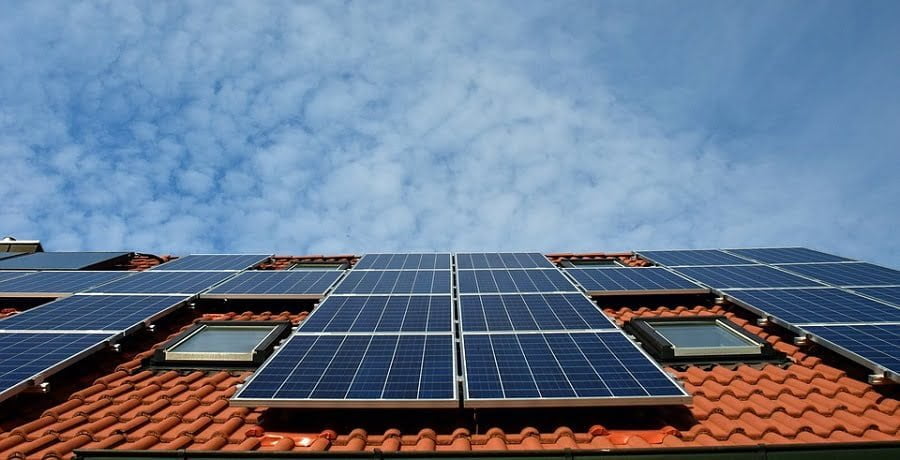
One alternative to a whole house generator is the use of solar panels. Solar panels are becoming increasingly popular as an eco-friendly and cost-effective way to generate electricity for homes.
The main advantage of using solar panels is that they rely on renewable energy from the sun, which means you won’t have to worry about fuel costs or running out of power during extended power outages.
However, there are also some disadvantages associated with using solar panels as a backup power source. Firstly, they require sunlight in order to function properly so if it’s cloudy or raining outside, your ability to generate electricity will be limited.
Secondly, installing enough solar panel capacity can be expensive upfront and may not provide enough energy for all your household needs during prolonged periods without sunlight.
Overall though, if you live in an area with plenty of sunshine and want a sustainable solution that doesn’t rely on fossil fuels then investing in high-quality solar panel systems could be worth considering as an alternative option for powering your home during blackouts or other emergencies when traditional generators aren’t available or practical solutions due their limitations such as noise pollution etcetera.
Wind Turbines
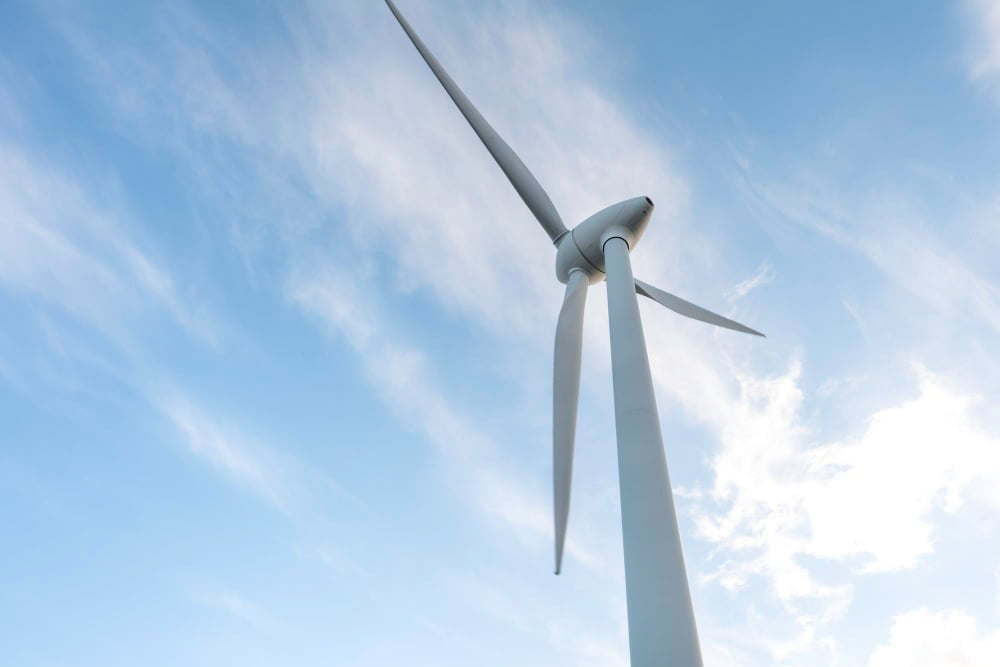
When it comes to whole house generator alternatives, wind turbines are a popular option for those who live in areas with consistent wind patterns. Wind turbines work by harnessing the power of the wind and converting it into electricity that can be used to power your home.
One advantage of using a wind turbine as an alternative to a whole house generator is that they are environmentally friendly. Unlike traditional generators which rely on fossil fuels, wind turbines produce clean energy without emitting harmful pollutants.
However, there are also some disadvantages to consider when choosing this option. Firstly, installing a large enough turbine can be expensive and may require permits or zoning approvals from local authorities.
If you live in an area with inconsistent winds or low average speeds then you may not generate enough electricity for your needs.
Overall though, if you have access to consistent winds and want an eco-friendly way of powering your home during outages then investing in a quality residential-sized turbine could be worth considering as part of your backup plan.
Battery Storage Systems
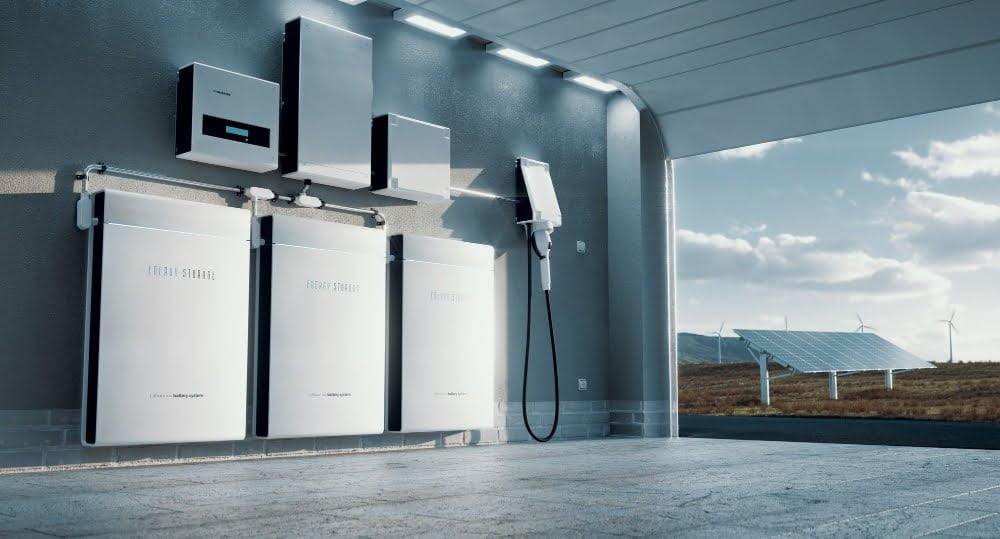
Battery storage systems are becoming increasingly popular as an alternative to whole house generators. These systems store energy from solar panels or the grid during off-peak hours and release it when needed, providing backup power during outages.
Advantages of battery storage systems include their quiet operation, low maintenance requirements, and ability to be installed indoors. They also have a smaller footprint than traditional generators and can be easily integrated into existing home automation systems.
However, one major disadvantage is their limited capacity compared to whole house generators. Battery storage systems may not provide enough power for extended outages or high-demand appliances such as air conditioners or electric stoves.
The initial cost of installation can be higher than a portable generator but may pay off in long-term savings on electricity bills if used regularly for peak shaving (reducing demand charges). It’s important to carefully consider your household’s energy needs before investing in a battery storage system as an alternative to a whole house generator.
Portable Generators
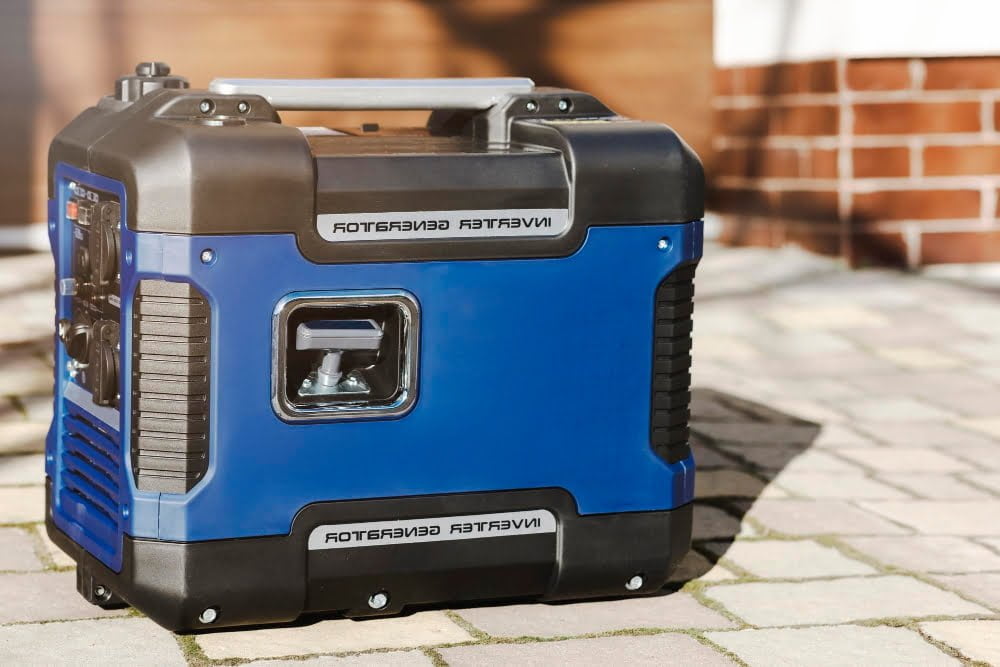
Portable generators are a popular alternative to whole house generators. They are smaller, less expensive, and can be moved around easily.
Portable generators come in different sizes and power capacities, so it’s important to choose one that meets your needs.
Advantages of portable generators include their affordability and versatility. They can be used for camping trips or outdoor events as well as emergency backup power at home during a blackout.
Portable generators also require less maintenance than whole house units.
However, there are some disadvantages to consider before purchasing a portable generator. One major drawback is the noise level; they tend to be louder than whole house units which may not make them ideal for residential areas with noise restrictions or close neighbors.
Another disadvantage is that they typically have shorter run times due to their smaller fuel tanks compared with larger stationary models like the whole-house generator alternatives we will discuss later in this article.
If you’re looking for an affordable option that provides temporary backup power during emergencies or outdoor activities then a portable generator might just fit the bill!
Hydroelectric Power Systems
Hydroelectric power systems are a great alternative to whole house generators, especially if you live near a river or stream. These systems use the natural flow of water to generate electricity that can power your entire home.
The advantages of hydroelectric power include its renewable and sustainable nature, as well as its low operating costs once installed.
However, there are also some disadvantages to consider before investing in a hydroelectric system. Firstly, it requires access to flowing water which may not be available in all locations.
Installation costs can be high and maintenance is required for the turbine and other components.
Overall though, if you have access to flowing water on your property and want an eco-friendly way of generating electricity for your home then hydroelectric power could be worth considering as an alternative option instead of relying solely on traditional whole house generators during times when the grid goes down or experiences outages due weather events or other issues beyond our control.
Geothermal Energy Systems
Geothermal energy systems are a great alternative to whole house generators. These systems use the earth’s natural heat to provide heating and cooling for your home.
They work by circulating water through pipes that are buried underground, where the temperature is more constant than above ground.
One advantage of geothermal energy systems is their efficiency. They can save homeowners up to 70% on their heating and cooling costs compared to traditional HVAC systems.
They have a longer lifespan than most other types of heating and cooling equipment.
However, one disadvantage of geothermal energy systems is their high upfront cost. The installation process involves drilling deep into the ground which can be expensive depending on your location and soil type.
It may take several years before you see any return on investment from these types of system installations.
If you’re looking for an eco-friendly way to power your home while saving money in the long run, then geothermal energy could be an excellent option worth considering as an alternative whole house generator solution!
Biomass Energy Sources
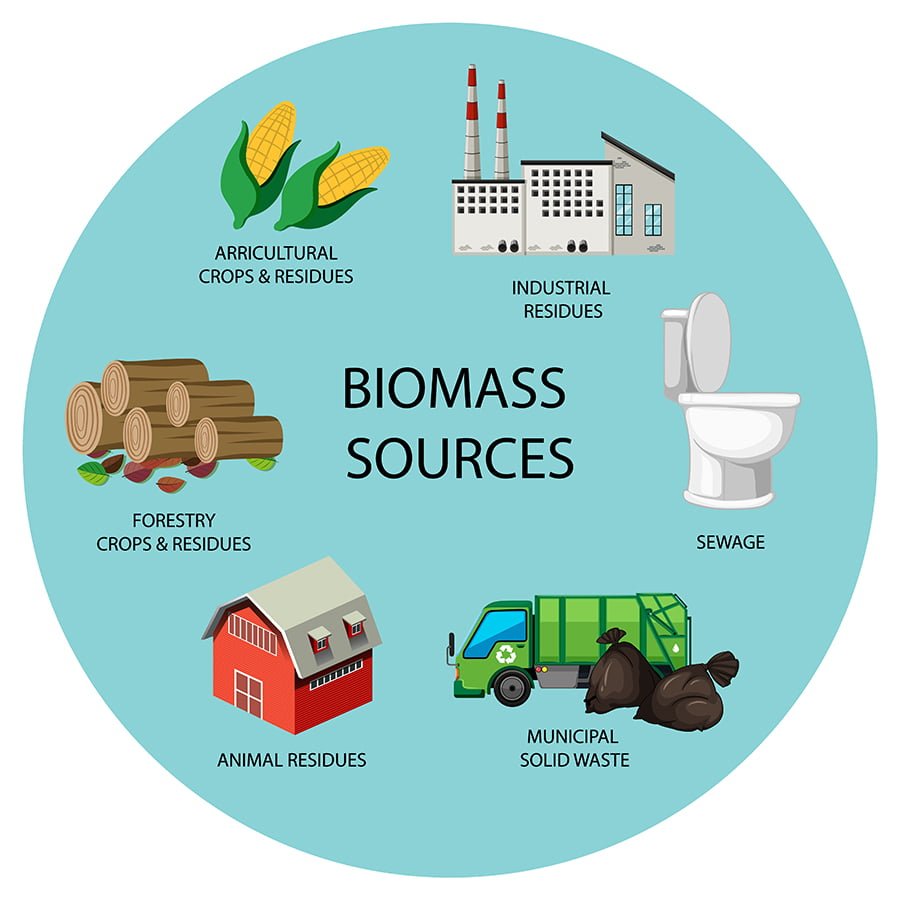
Biomass refers to organic matter that can be used as fuel, such as wood chips, sawdust, and agricultural waste.
These materials can be burned in a biomass stove or furnace to generate heat and electricity for your home.
One advantage of using biomass energy sources is that they are renewable and sustainable. Unlike fossil fuels which will eventually run out, there will always be an abundance of organic matter available for use as fuel.
Another advantage is that burning biomass produces less greenhouse gas emissions than burning fossil fuels like coal or oil. This makes it a more environmentally friendly option for powering your home.
However, one disadvantage of using biomass energy sources is the cost associated with purchasing the equipment needed to burn them efficiently. Storing large amounts of wood chips or other materials may require additional space on your property.
Overall though, if you’re looking for an alternative way to power your home during emergencies without breaking the bank – considering utilizing biomasses could prove beneficial!
Fuel Cells
Fuel cells are a relatively new technology that can provide an alternative to traditional generators. These devices generate electricity by converting the chemical energy of hydrogen and oxygen into electrical power, with water as the only byproduct.
Fuel cells have several advantages over traditional generators, including their quiet operation and low emissions. They also require less maintenance than combustion engines since they have fewer moving parts.
However, fuel cells do come with some disadvantages as well. One major drawback is their high cost compared to other generator alternatives on the market today.
Fuel cell systems may not be suitable for all homes due to their specific power output requirements and installation needs.
Despite these challenges, fuel cell technology continues to evolve rapidly and could become a more viable option in the future for homeowners looking for whole house generator alternatives that are both efficient and environmentally friendly.
Natural Gas Generators
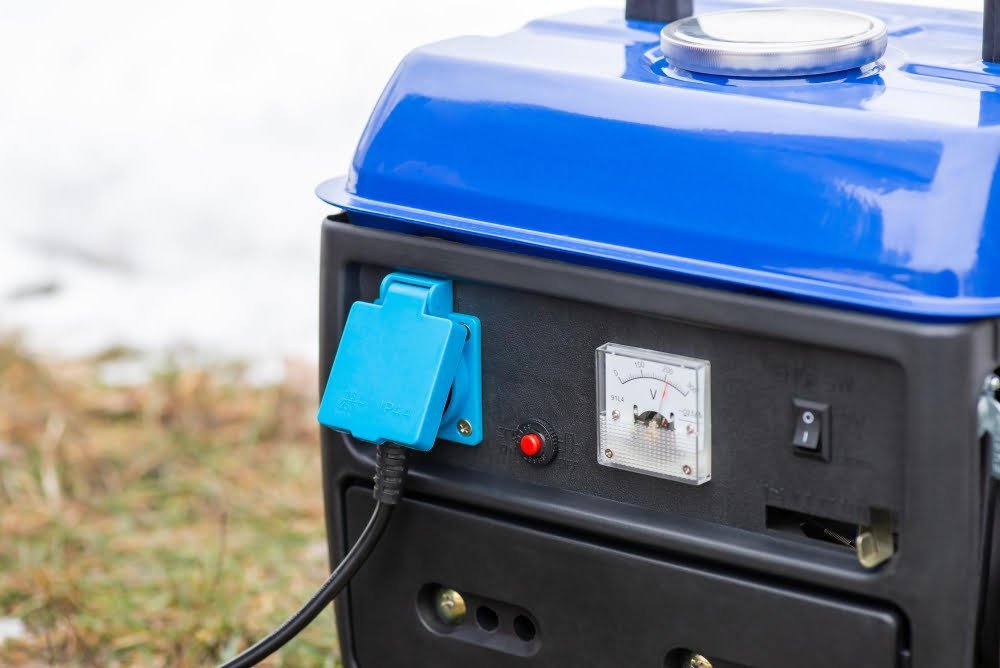
Natural gas generators are a popular alternative to traditional gasoline-powered generators. These types of generators use propane or natural gas as fuel, which can be more cost-effective and efficient than using gasoline.
One advantage of natural gas generators is that they have longer run times compared to gasoline-powered ones, making them ideal for extended power outages.
Another advantage is that these types of generators produce fewer emissions and are generally quieter than their counterparts. However, one disadvantage is that they require a dedicated fuel source such as a propane tank or natural gas line connection, which may not be available in all areas.
The initial cost of purchasing and installing a natural gas generator can be higher compared to other alternatives like portable solar panels or battery backup systems. It’s important to weigh the advantages and disadvantages before deciding on this option for your whole house generator needs.
Diesel-powered Generators
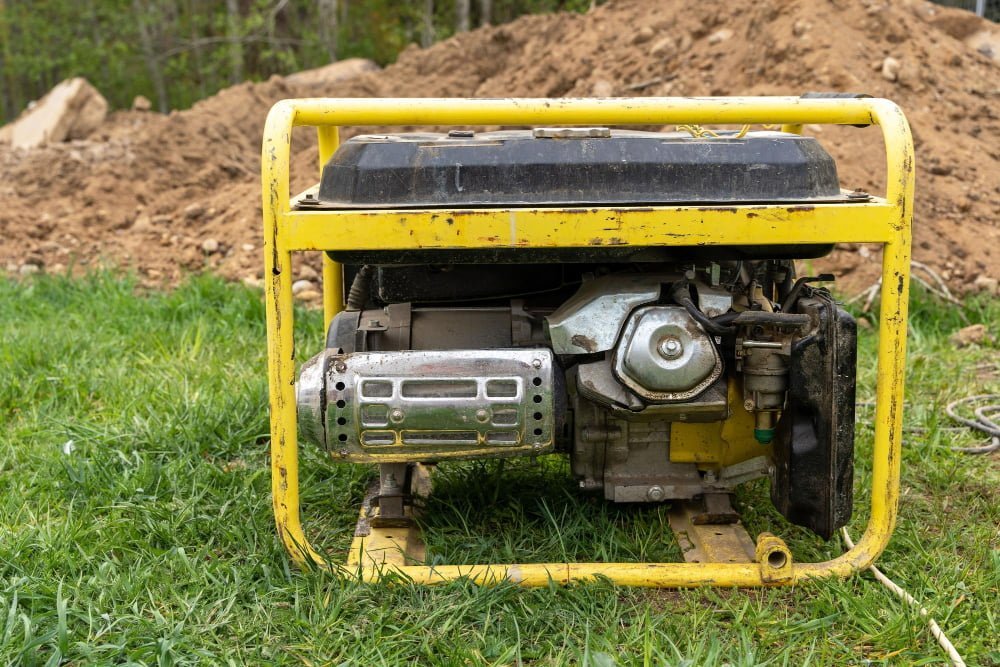
Diesel/gasoline-powered generators are a popular choice for whole house backup power. They are reliable and can provide enough power to run most household appliances.
However, they do have some disadvantages that should be considered before making a purchase.
Advantages:
- Reliable source of backup power
- Can provide enough power to run most household appliances
- Fuel is readily available
Disadvantages:
- Can be expensive to purchase and maintain
- Fuel costs can add up quickly during extended outages
- Loud noise levels when running
Inverter Generator Units
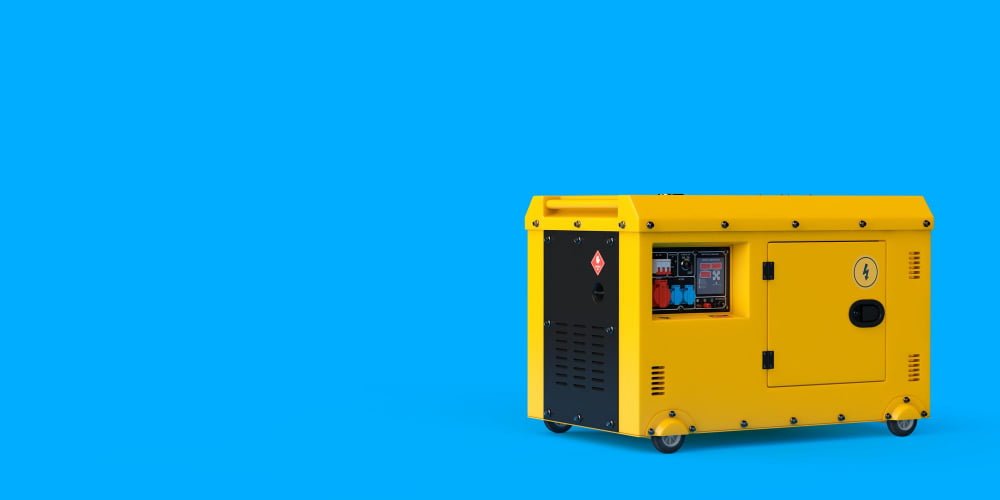
Inverter generator units are smaller, more portable, and less expensive than traditional generators.
Inverter generators use advanced technology to produce clean power that is safe for sensitive electronics like computers and televisions.
One advantage of inverter generator units is their fuel efficiency. They can run for longer periods on less fuel compared to traditional generators because they adjust the engine speed based on the power demand.
Another advantage of inverter generator units is their quiet operation. They produce much less noise than traditional generators, making them ideal for use in residential areas where noise pollution may be an issue.
However, one disadvantage of these types of generators is that they have limited output capacity compared to whole house models. This means that you may not be able to power all your appliances at once with an inverter unit.
If you’re looking for a budget-friendly option with lower output needs or need something portable enough for camping trips or outdoor events then an Invertor Generator Unit could be a great choice!
Dual Fuel Generator Options
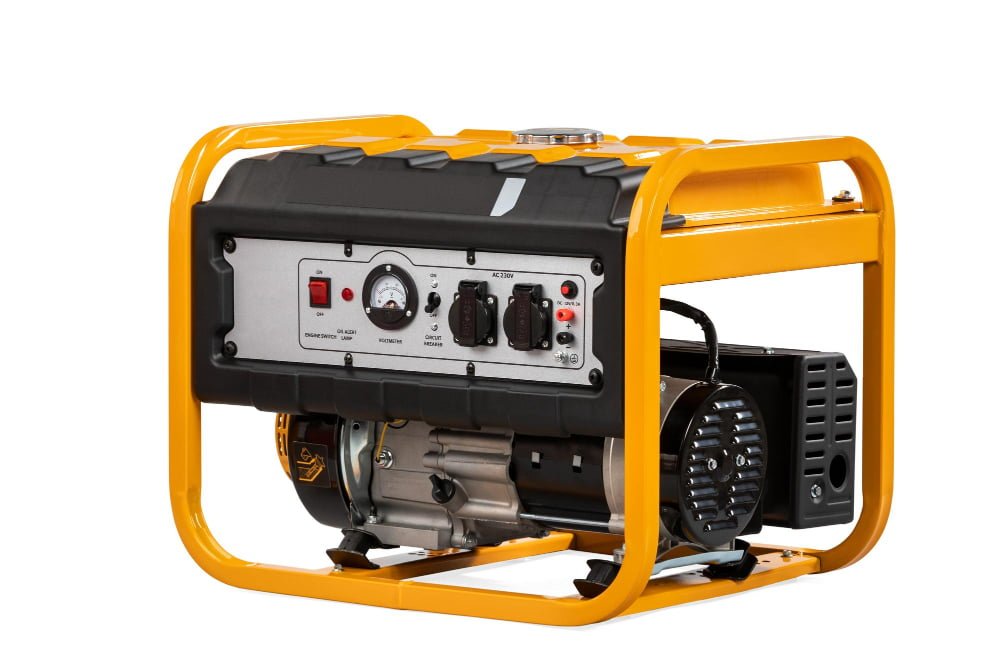
These generators are designed to run on propane and gasoline, giving homeowners more flexibility in fuel options.
The advantages of using a dual fuel generator include increased runtime, lower operating costs, and reduced emissions compared to traditional gasoline-only generators. Propane is also easier to store than gasoline and has an indefinite shelf life.
However, there are some disadvantages as well. Dual fuel generators tend to be more expensive upfront than their single-fuel counterparts due to the added technology required for running on two fuels.
Switching between fuels can be cumbersome if not done properly.
Overall though, if you’re looking for an alternative whole house generator that offers versatility in terms of fuel options while still being cost-effective over time – then a dual-fuel option may be worth considering!
Microgrids
Microgrids are a relatively new concept in the world of alternative power sources. They are essentially small-scale, self-contained electrical systems that can operate independently or in conjunction with the larger grid.
Microgrids typically consist of renewable energy sources such as solar panels, wind turbines, and battery storage to provide backup power during outages.
One advantage of microgrids is their ability to provide reliable power during emergencies or natural disasters when traditional grid systems may fail. They offer greater control over energy usage and costs for homeowners who want to reduce their reliance on fossil fuels.
However, one disadvantage is that microgrid installation can be costly upfront due to the need for specialized equipment and infrastructure. Maintenance costs may also be higher than traditional generators since microgrid components require regular upkeep.
While not necessarily a budget-friendly option compared to some other alternatives on this list, microgrids offer unique benefits for those looking for more sustainable and resilient whole house generator options.
Recap
